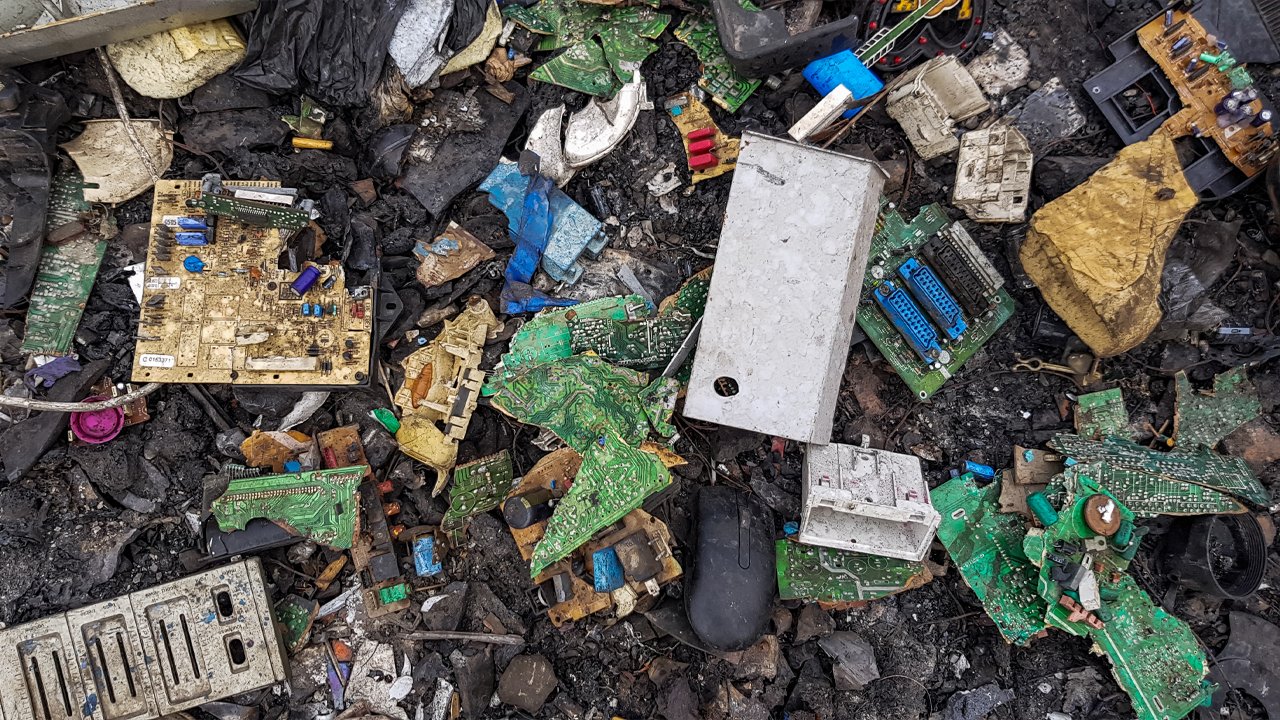Electronic waste encompasses any discarded items containing an electric plug or a battery, posing significant environmental and health risks.
A UN expert issued a warning on Wednesday over the growing problem of electronic garbage, or “e-waste,” finding that an astounding 62 million metric tonnes of cell phones and other gadgets were disposed of globally in a single year. It is alarming to note that by 2030, this number is expected to increase by a third.
Electronic waste encompasses any discarded items containing an electric plug or a battery, posing significant environmental and health risks due to the presence of toxic additives like mercury.
Kees Baldé, senior scientific specialist for the Sustainable Cycles Programme at the United Nations Institute for Training and Research (UNITAR), emphasized the challenge: “These goods are often not easy to repair. They easily become waste and hence global waste generation is increasing.”
“The increases of the e-waste mountain are faster than the increases in the recycling efforts of this e-waste … We are simply losing the battle,” Baldé lamented.
In 2022 alone, the world produced a staggering 62 million metric tons of e-waste, marking an 82% increase from levels recorded in 2010. This translates to an annual rise of 2.6 million metric tons, suggesting a grim projection of 82 million metric tons by 2030.
Baldé highlighted a critical issue: “The vast majority of this e-waste is not being managed well,” emphasizing how it often ends up in landfills due to inadequate disposal methods.
Experts attribute this surge in e-waste to several factors, including heightened consumption, limited repair options, shorter electronics life cycles, and inadequate infrastructure for managing e-waste. Even products designed to promote sustainability, such as solar panels, have contributed to this crisis. In 2022, an estimated 600,000 metric tons of photovoltaic panels were discarded.
Cosmas Luckyson Zavazava, director of the Telecommunication Development Bureau at the International Telecommunication Union (ITU), a U.N. agency, emphasized the responsibility of manufacturers: “The manufacturers have got responsibilities in terms of standardizing and making sure that they don’t short-change the consumer, so the product that they produce should not have a short life cycle.”
Zavazava urged the private sector to adopt a more conscientious approach, envisioning itself as a responsible citizen in the fight against e-waste.
The daunting statistics and expert warnings underscore the urgent need for global action to tackle the mounting crisis of electronic waste. Without decisive intervention, the world risks further environmental degradation and jeopardizing public health. As nations grapple with the repercussions of unchecked technological advancement, the imperative for sustainable solutions becomes increasingly urgent.
